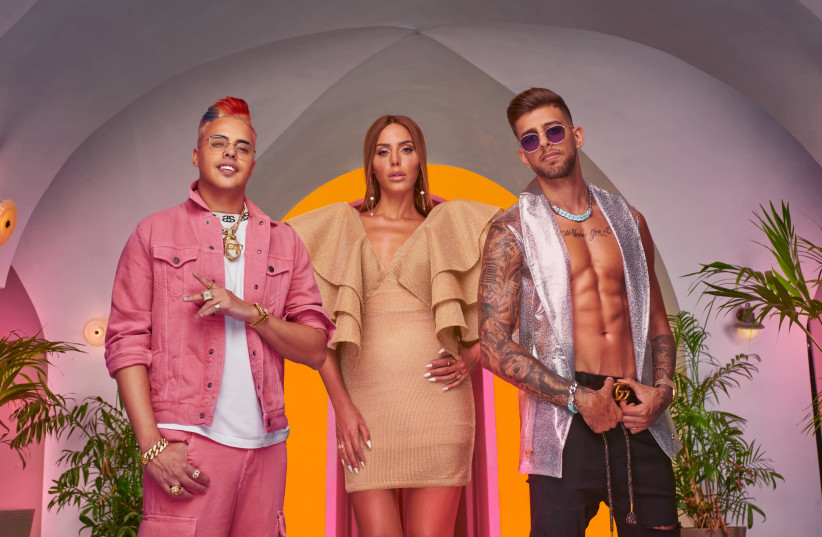Meta Israel and the Israeli aid organization Latet (to give) will collaborate on a Yom Hashoah event, called Sharing Memories, where Israel’s top social media content creators will share the stories of Holocaust survivors on their social media platforms, which will raise awareness about their plight – including those who continue to live in poverty.
Israel’s leading artists and content creators held one-on-one meetings with Holocaust survivors, speaking intimately about their stories during World War II and their lives today. The influencers will post the survivor's testimonies to their Instagram Stories on the eve of Yom Hashoah – Israel’s Holocaust Remembrance Day – on Wednesday, April 27.
Following the overwhelming success of last year’s launch, which reached more than 3.1 million unique viewers on social media and generated NIS 500,000 in donations, Meta and Latet decided to bring the project back for a second iteration.
“These days, we have the final opportunity to emerge from the pages of the history books and hear the stories of Holocaust survivors from the original source," said Adi Soffer-Teeni, Country Manager for Meta in Israel. “But facing the prospect of a generation that’s about to disappear, the traditional approach to commemoration must reinvent itself, in order to bridge the generation gap and ensure that these immeasurably important stories will continue to be heard for generations to come.”
The project will feature content creators and influencers with the largest audiences in Israel, such as Kim Or Azulay, Rotem Cohen, Static and Ben-El, Noa Tishby and others with a combined following of millions of people.

Today’s youth are accustomed to consuming content that’s fast, accessible and easy to absorb via alternative channels like social media, meaning this initiative is perhaps the most practical way to educate young people about the Holocaust.
“Using the tremendous power of social media, the Sharing Memories project provides a stage for these moving stories and creates a genuine, unmediated connection between Holocaust survivors, Israel’s most prominent content creators and the young people who follow them every day,” declared Soffer-Teeni.
As the number of remaining Holocaust survivors diminishes every year, the first-hand testimonies of Nazi atrocities so critical to the understanding of this tragedy and to the spirit of “never forget” become harder to find. For example, this year's March of the Living will take place with reduced capacity – with only eight Holocaust survivors scheduled to participate.
According to data from the Holocaust Survivors’ Rights Authority, part of the Ministry of Social Equality, Israel is home to 165,800 Holocaust survivors, of whom about 50,000 receive supplemental income from the state – meaning that they are unable to provide for their essential needs and live in want and economic distress.
Some 15,324 Holocaust survivors passed away in 2021 – about 42 every day.
